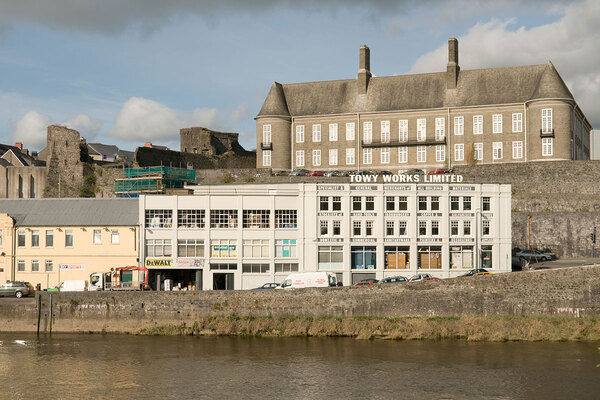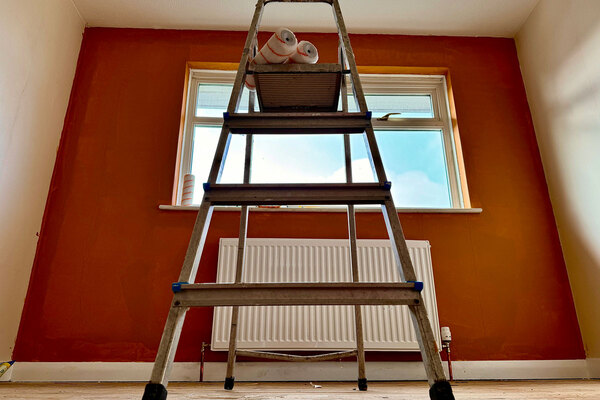You are viewing 1 of your 1 free articles
Notting Hill and Genesis post reduced combined surplus
Notting Hill and Genesis have posted a reduced combined surplus in their last year as separate entities.
The two large London housing associations, which completed a mega-merger earlier this year, made a combined surplus of £119.3m in 2017/18, down from their combined total of £160.6m for the previous year.
Their results were released just as ratings agency Fitch Ratings assigned the new organisation a credit rating of A, saying this reflected “continuing high demand for social housing in London and the South East of England, where [Notting Hill Genesis] mainly operates, and continued cash flow from rented properties”.
While Genesis’ surplus increased slightly from £18.2m to £19.8m, Notting Hill’s fell from £142.2m to £96.9m.
This was largely due to a drop in turnover from £411.7m to £371.1m, thanks in part to a 59% fall in the amount the association made from first tranche shared ownership sales, which went from £69.4m in 2016/17 to £28.5m.
Notting Hill also made no gains on the value of its investment properties in 2017/18, compared with the previous year, in which it made £11.1m.
Genesis, on the other hand, made considerably more turnover in the last financial year than the previous one, boosting this figure from £264.3m to £324.5m.
This was mainly a result of the association increasing its activities in open market sales, making £48.8m from these in 2017/18, compared with £4.4m in the previous year.
The smaller association, however, was forced to renegotiate loans after lenders rejected a plan by Notting Hill Genesis’ shadow board to avoid doing so, as Inside Housing revealed last week.
Genesis’ accounts show that this renegotiation was around an embedded fixed-rate loan that it had to break. Following this, the association had to recognise its fair value as a liability in its accounts, meaning it had to include a cost of £14.6m.
In his report to the results, Dipesh Shah, chair of Notting Hill Genesis, said: “As a merged organisation, our main purpose will be to work in and with communities to provide homes for lower-income households in London and the South East.
“Together, we will have the financial strength to invest in our social purpose: to have quality, affordable homes in thriving communities, to provide modern and valued services and to create great places to live.”
Housing association financial statements 2017/18
Click on the links below to read more reports about individual associations' financial statements:
A2 Dominion reports £92.5m surplus
Aster sees 12% jump in surplus despite margin drop
BPHA sees surplus jump after shared ownership sales boost
Clarion's surplus falls for second year running
Housing & Care 21 records increased surplus
Metropolitan sees surplus fall due to post-Grenfell costs
Midland Heart records £47.8m surplus
Network Homes surplus dips for the second consecutive year
Notting Hill and Genesis post reduced combined surplus
Optivo sees turnover fall in first results since merger
Orbit surplus boosted by jump in value of private rented units
Paradigm surplus drops after £5.6m loan breakage cost
Places for People boosts surplus to £130m
Southern sees dip in surplus due to pensions and safety costs
Sovereign boosts surplus thanks to open market sales
Stonewater increases surplus by 38%
Swan surplus slides after £3.2m cladding provision
Vivid posts increased surplus post-Merger












